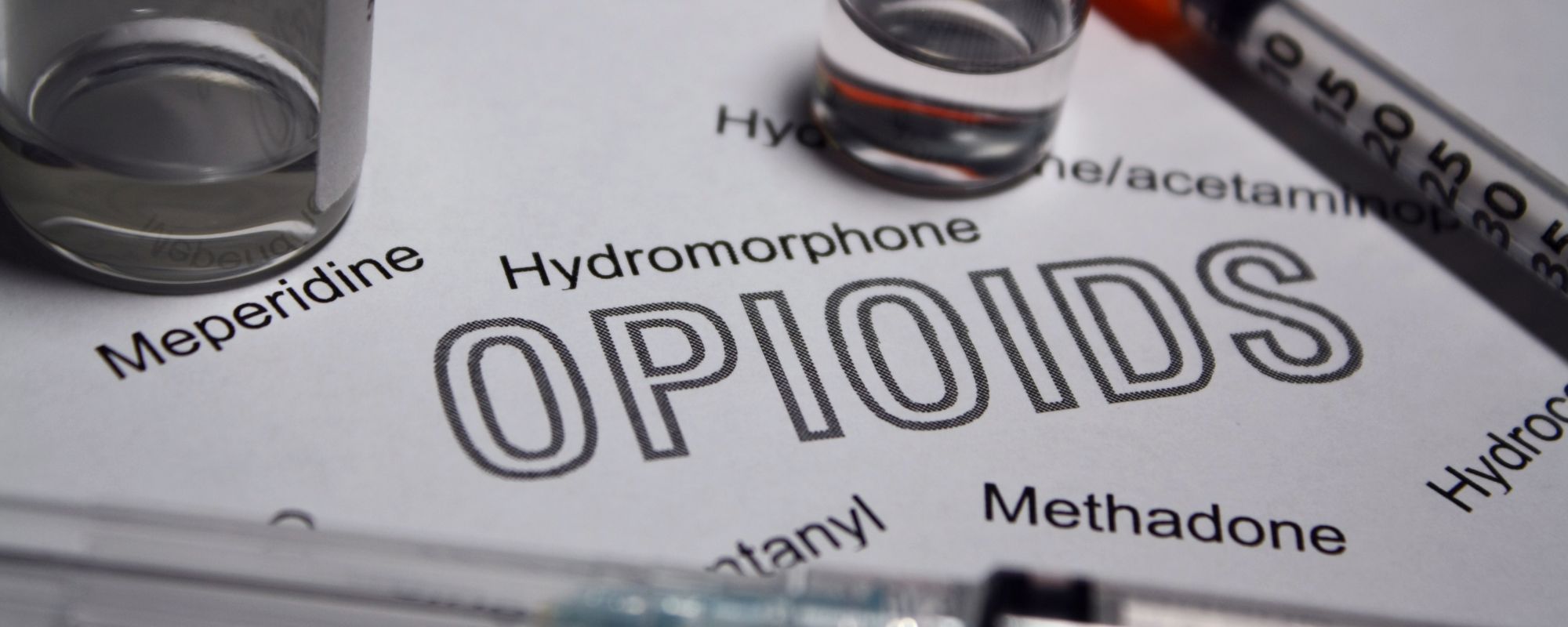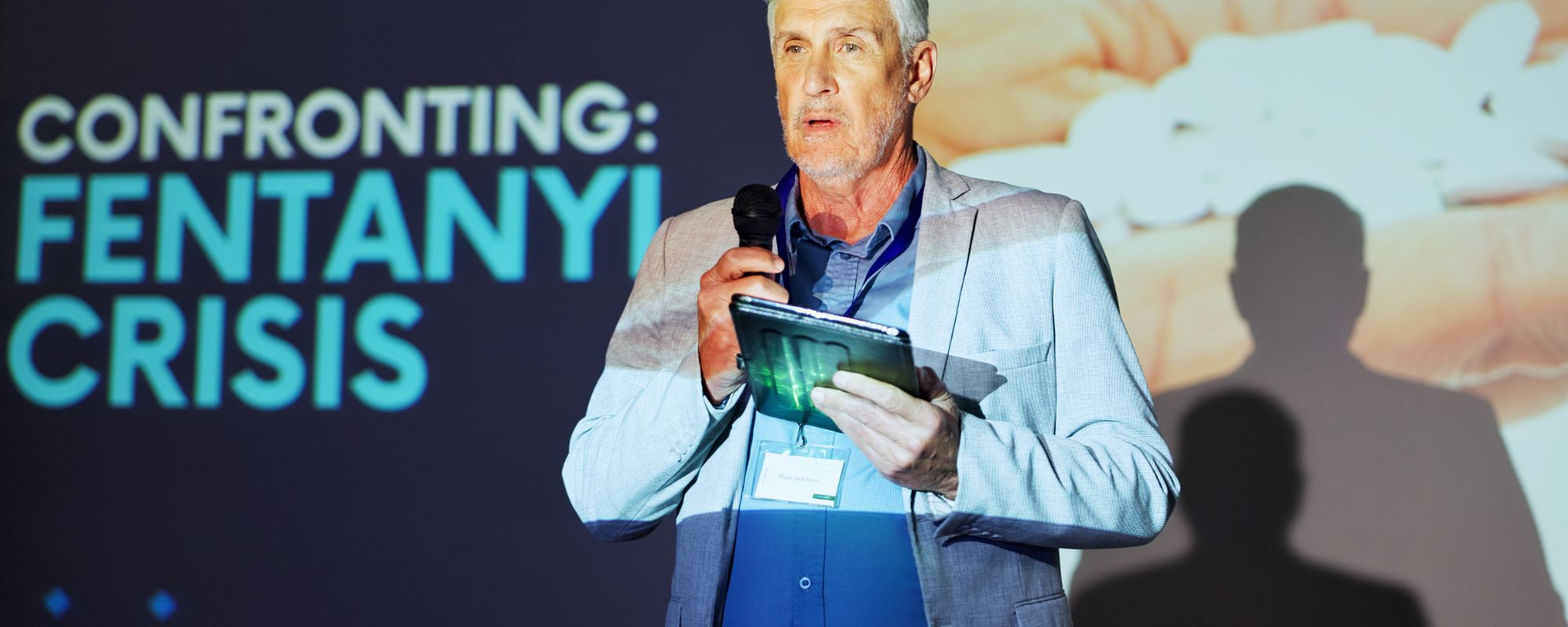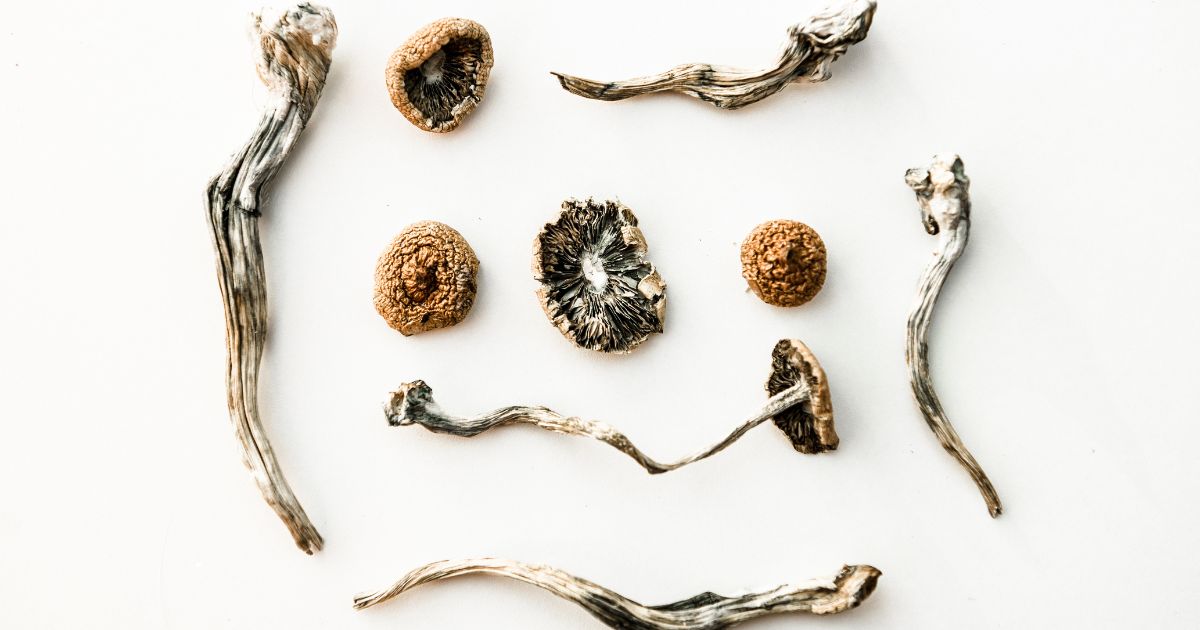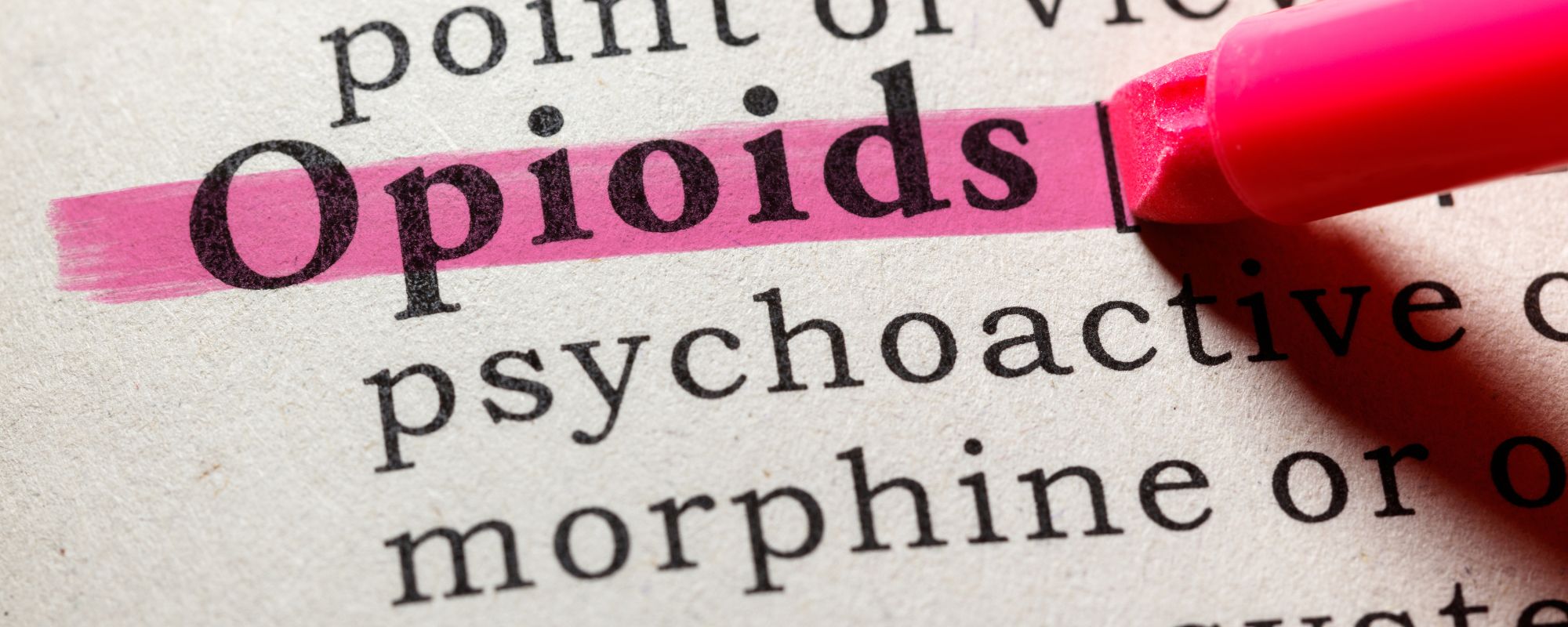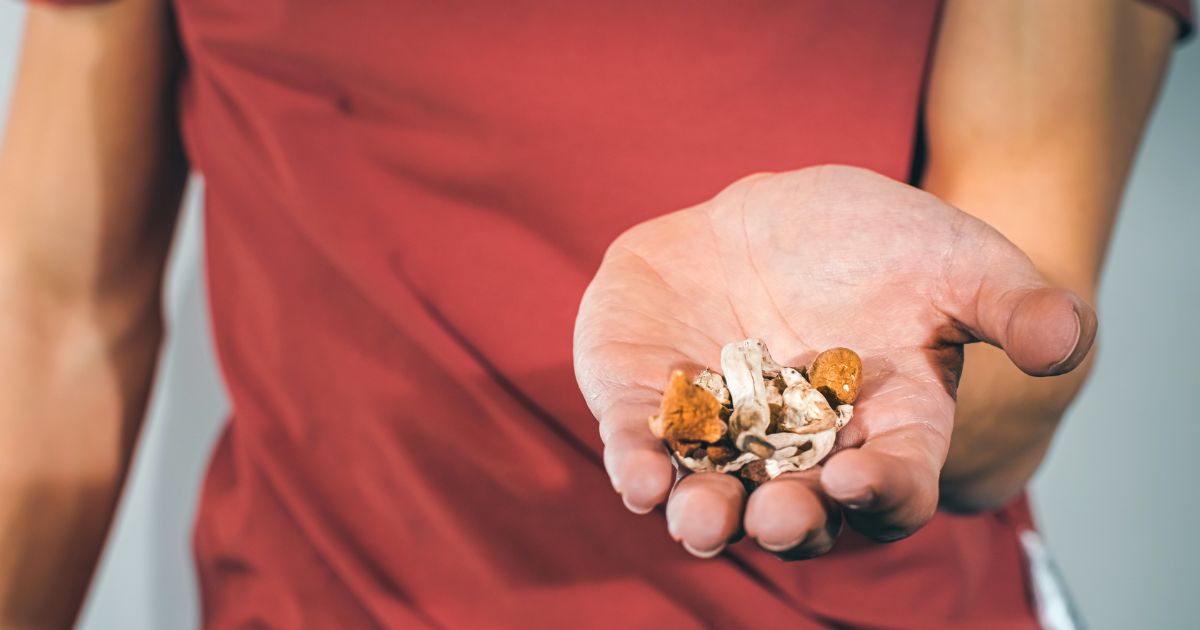When our loved ones are sick, we want to help them. This is natural. But while it’s true that addiction is a disease, there is a thin line between supporting someone’s recovery and enabling their addiction. In this article, we’ll talk about what an enabler is, the consequences of enabling drug and alcohol abuse, and how to set boundaries and stop being an enabler.
What Is an Enabler?
You may have heard this term before. But before we go further, we should make the definition of an enabler clear.
In the context of addiction, an enabler is someone who supports, facilitates, or encourages drug or alcohol abuse. Enabling behaviors might include providing financial help. They make excuses for the addicted person’s actions or help them avoid the consequences of their actions.
Codependency and Enabling
Enabling often stems from codependency, in which the enabler is emotionally dependent on the person they are enabling and may feel a need to “fix” or “rescue” them.
Codependent relationships tend to be one-sided. This can lead to the enabler feeling resentful or angry as their needs go unmet. However, this often isn’t enough for the enabler to leave the relationship, due to fear of being alone.
If you are concerned about a family member or friend who is struggling with addiction, it is important to seek professional help. Rather than enabling codependency, that person needs professional addiction treatment.
The Consequences of Enabling
Enabling addiction can have significant consequences – not only for the person with the substance use disorder but the enabler and others around them.
Some potential consequences of enabling addiction include:
- Health risks: Continuous substance abuse can lead to numerous physical and mental health problems, including organ damage, infections, mental health disorders, and even overdose or death.
- Relationship strain: Enabling behavior can cause tension and conflict within families, friendships, and romantic relationships, as trust, communication, and boundaries are compromised.
- Financial instability: Supporting a substance addiction can be expensive, and enablers may experience financial difficulties as a result.
- Legal problems: Substance abuse may lead to criminal activities or legal issues, both for the individual with the addiction and the enabler.
- Codependency: As the enabler continues to invest time and effort into the addicted person’s toxic behavior, he or she may become codependent, developing an unhealthy reliance on the person and neglecting their own skills development to fulfill their emotional needs.
- Neglected responsibilities: Enabling can cause both the person struggling with addiction and the enabler to neglect their personal, professional, and social responsibilities.
- Emotional distress: Enablers may experience feelings of guilt, anxiety, stress, and frustration, which can have long-lasting emotional and psychological effects.
- Prevention of personal growth: Enabling can hinder the personal growth and development of both the person with the addiction and the enabler, as they remain stuck in destructive patterns.
- Impact on children: If children are involved, they may experience emotional, psychological, and developmental issues as a result of living in an environment with active addiction and enabling behaviors.
Most importantly, enabling addiction allows the substance use disorder to continue, denying the person the motivation to seek help or recover. The negative consequences are too great to ignore or tolerate. Rather than avoid the issue or tell yourself it will get better, stop problematic behavior and get help for a loved one’s addiction.
Five Tips to Help Stop Being an Enabler
If somebody you care about is amid addiction, it can be hard to support them without falling into enabling them. But it’s important to remember that you don’t stop loving that person when you stop enabling their addiction that’s proof that you sincerely care about them.
Here are five tips to stop being an enabler:
1. Let Them Feel the Weight of Their Actions
Stop taking action to protect the user in your life from seeing and feeling the full weight of their actions. This means not making excuses for their drug and alcohol abuse. It also means not cleaning up after them when they are using and can’t clean up after themselves, and not shielding them from the consequences of their decision.
By assisting them in hiding their drug usage or addiction, you unintentionally prevent them from discovering they have a problem because you are essentially protecting them from their own choices. Take away that support and let your loved one feel the consequences of their actions without your intervention.
2. Cut off All Financial Help
By giving someone who has an addiction financial help, you are only helping to fuel their problem. Every time that person comes to you asking to “borrow” money from you, tell them respectfully but firmly the only financial help you will give them is money for addiction treatment.
Removing your financial support will force that person to be self-reliant and pay for their substance addiction on their own, which can also push them towards finally seeking help.
In addition, cutting off any financial assistance to your loved one can help alleviate any undue strain you may have placed on yourself.
3. Establish Boundaries
Enabling and codependency occur when you feel you have to subsume your life to that of the addicted person. Before long, you start tolerating all sorts of wrong behavior. This leads a person to believe that there’s nothing wrong with their actions. Setting boundaries can help stop that from happening.
To stop enabling them, it is important to set healthy boundaries – and consequences for when they’re violated. You need to show your loved one that their behaviors will not be tolerated and have consequences attached to them. To do that it’s vital to read up on how to support an alcoholic partner while protecting yourself.
4. Live Your Life
Part of no longer being an enabler is no longer subsuming your life to that of the addicted person. Stop changing your life and schedule to fit their needs. If they fail to show up to a family function, that doesn’t mean you have to skip it too. Live your life and do the things you want without compromising your schedule.
5. Protect Yourself and Others
Unfortunately, you may occasionally find yourself in dangerous situations. Someone who is fighting addiction as a result of their behavior can make rash decisions. For example, if your loved one is an alcoholic and insists on driving you or your family to or back home to a function despite being inebriated, that is a serious threat to everyone.
It’s important to protect yourself and your loved ones from the consequences of the user’s behavior. Instead of accepting their offer, which could enable their alcoholism and endanger everyone, start driving yourself. By driving yourself to and from places, you don’t have to rely on that addicted person. That helps you to stop being an enabler to them and keeps everyone (that person included) safe.
How to Stop Enabling Someone with Mental Illness
Stopping the cycle of enabling someone with mental illness starts with setting healthy boundaries. While it’s important to offer support and compassion, doing things for them that they can do themselves — or shielding them from consequences — can hinder their growth and recovery. Instead, encourage them to seek professional help, and be consistent in reinforcing expectations that promote independence and accountability.
Finding Help for a Loved One’s Addiction
When someone lacks control over themselves, it feels natural to want to step in and take charge of all aspects of their life. But love is about more than blind compassion – it’s about doing what’s best for the person you care about. Sometimes that means taking a step back.
If you are concerned about someone who is struggling with addiction, it is important to seek professional help. There are many resources available to help you and your loved one who is struggling with addiction. It is important to seek help as soon as possible.
South Coast Behavioral Health offers an array of addiction treatment programs including dual diagnosis for co-occurring mental health and substance abuse. We are ready to help your loved one recover from addiction through one of our exciting recovery programs. To learn more about how you can stop being an enabler and give your loved one the help they truly need, contact one of our addiction specialists now at 866-881-1184. All calls are confidential.
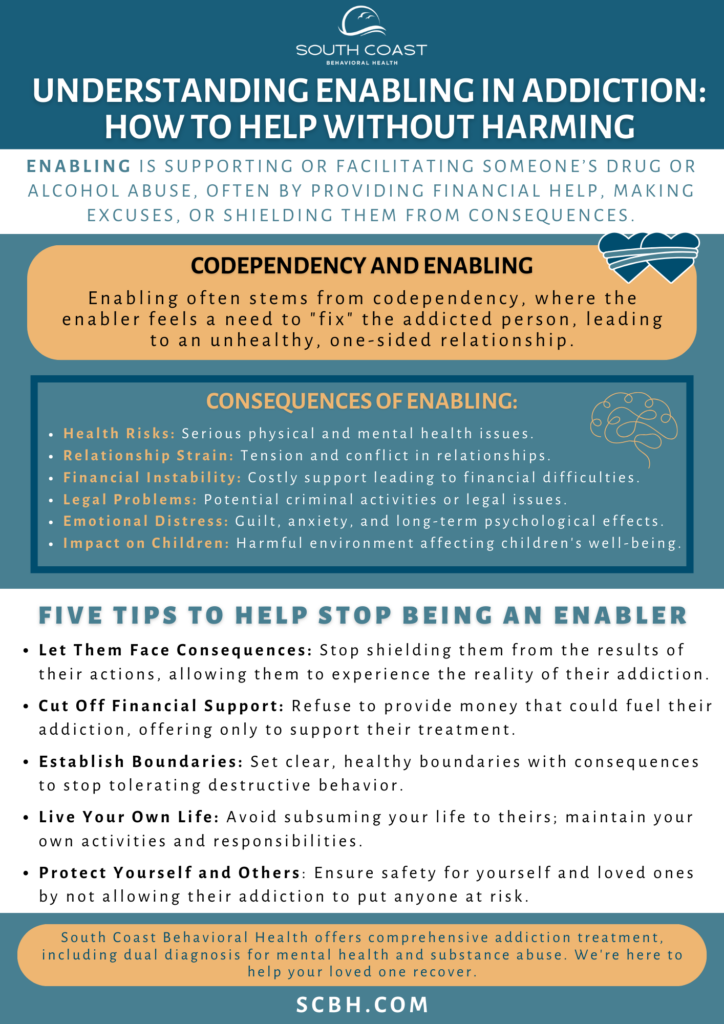
Author
-
Content Writer
Allie Kraska serves as the Organic SEO Growth Manager for Aliya Health Group’s nationwide treatment network, including South Coast Behavioral Health. She develops and implements content strategies, monitors and analyzes SEO performance, identifies areas for improvement, and optimizes marketing team efforts to increase visibility and sustain growth. When writing for Aliya Health Group, Allie aims to provide actionable recovery advice from an educated, experienced perspective. She earned her BA in English Language and Literature with a minor in Painting, Drawing, and Print-Making from the University of North Florida.
View all posts


